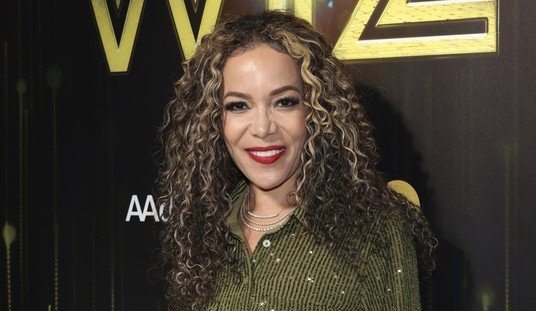If Americans were already concerned about the U.S.’s vetting process for Syrian refugees, they’re really not going to like to hear what a new report says about how those refugees are initially selected in the first place.
According to the Center for Immigration Studies, the U.S. relies on the United Nations High Commissioner for Refugees to make first selections about who has the potential to come to America, as well as carry out the pre-screening process.
"Out of the four million-plus registered Syrian refugees in the region, UNHCR has so far submitted 22,427 cases to the United States for resettlement consideration. Of those, about 2,000 were accepted last year. The United States is welcoming Syrian refugees only from the 22,427 who made it through UNHCR referrals," wrote senior analyst Nayla Rush, who authored the report. [Emphasis mine]
Recommended
The report notes that one cause for concern in relying solely on the U.N. in making the initial selections is widespread fraud within the agency, including bribery of staff involved with the resettlement process.
Another problem is the fact that UNHCR staff are completely overwhelmed by the sheer volume of refugees they must process. “Since there are over 4 million refugees and 2,038 UNHCR staffers, each interviewer is responsible for vetting 2,100-2,800 refugees each,” The Washington Examiner points out.
"In summary, Americans are asked today to welcome Syrian refugees without hesitation and have total faith in the refugee resettlement program. They are asked to give the benefit of the doubt to UNHCR staff in tormented countries, and to trust their own government officials with their national security — officials who are delegating parts of their screening responsibilities overseas to the UNHCR," the report stated.
"The UNHCR is deciding not only who can move to the United States, it is also choosing who gets a chance to become American and who doesn't. Given such high stakes, Americans should be encouraged to question this opaque system," it concluded.


